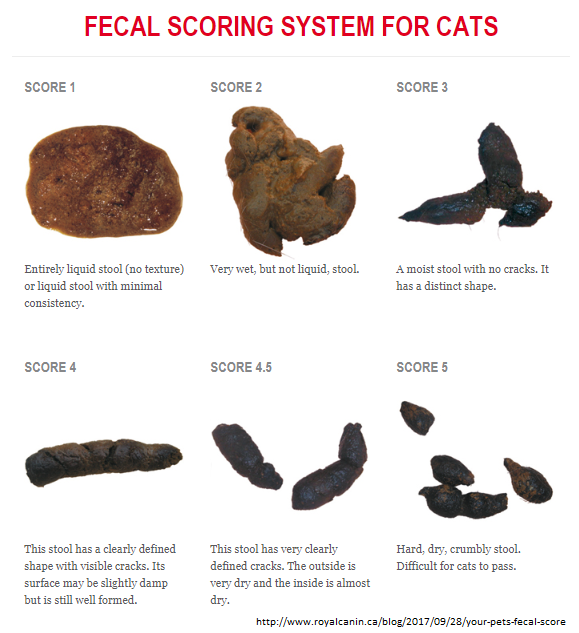How To Remove Hard Poop From Cat Anus
Most cat owners know that cats are notorious for their cleanliness. Unfortunately, sometimes cats can get a little too clean, which can lead to hard poop in their anus. It’s a problem that can be uncomfortable for your cat and unpleasant for you to clean up. So, how do you remove hard poop from your cat’s anus?
Why Do Cats Get Hard Poop in Their Anus?
The most common cause of hard poop in your cat’s anus is a buildup of fur that has been ingested during grooming. Cats are fastidious groomers, and the fur they ingest can accumulate in their intestines and form a hard mass. This mass can be difficult to pass and cause discomfort for your cat. In some cases, the hard poop can even become impacted in their anus and require medical attention.
What Are The Symptoms of Hard Poop in Cats?
If your cat has hard poop in their anus, they may display some of the following symptoms:
• Straining to defecate
• Excessive licking of their anus
• Pain or discomfort when defecating
• Small, hard stools
• Blood or mucus in their stool
• Vomiting
• Loss of appetite
• Lethargy
• Diarrhea
If you notice any of these symptoms, you should take your cat to the vet for a checkup.
How To Remove Hard Poop From Cat Anus
Fortunately, removing hard poop from your cat’s anus is relatively easy. The first step is to make sure your cat is relaxed. This can be done by petting them or talking to them in a soothing voice. Once your cat is calm, you can gently clean the area around their anus with a warm, wet washcloth.
Next, you can use a pair of tweezers to gently remove any fur or other debris that may be stuck in the area. Take care not to pull too hard, as this could cause your cat discomfort. If you have difficulty removing the fur, you can use a lubricant such as petroleum jelly to make the process easier.
Once the fur has been removed, you can use a cat-safe laxative to help your cat pass the hard stool. This should be done in conjunction with a high-fiber diet. Feeding your cat a diet that is high in fiber can help prevent future episodes of hard poop.
Finally, you can use a cat-safe enema to help your cat pass the hard stool. This should be used as a last resort, as enemas can be uncomfortable for your cat and can cause additional discomfort if done incorrectly.
Conclusion
Removing hard poop from your cat’s anus can be a difficult task, but with a bit of patience and the right tools, it can be done. Be sure to take your cat to the vet if they are displaying any of the symptoms associated with hard poop, and make sure they are on a high-fiber diet to prevent future episodes. With a bit of care and attention, you can ensure your cat is comfortable and healthy.
[cat] White specs in anus area - worms? : AskVet
![How To Remove Hard Poop From Cat Anus [cat] White specs in anus area - worms? : AskVet](https://external-preview.redd.it/Nei_MlK-6fHqpeJOaTvjbC5KY1u3x37kk0iY0bhTgk8.jpg?auto=webp&s=52028bf7bb5bd9201de7b00a40231d111f34f03f)
57 Top Pictures Cat Diarrhea Color Chart / What your Cat's Poop Says

My cat’s butthole appears to be red or have a hint of blood when she
